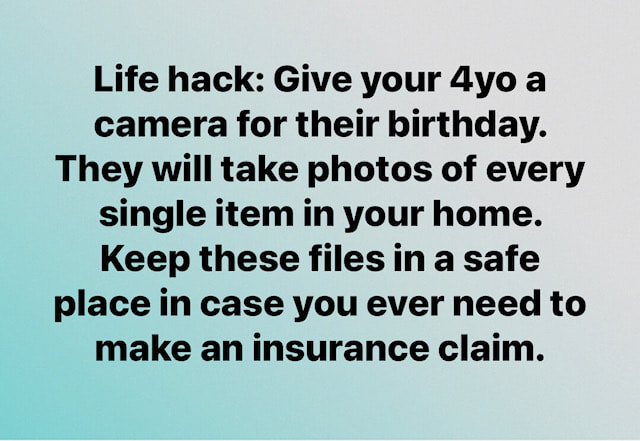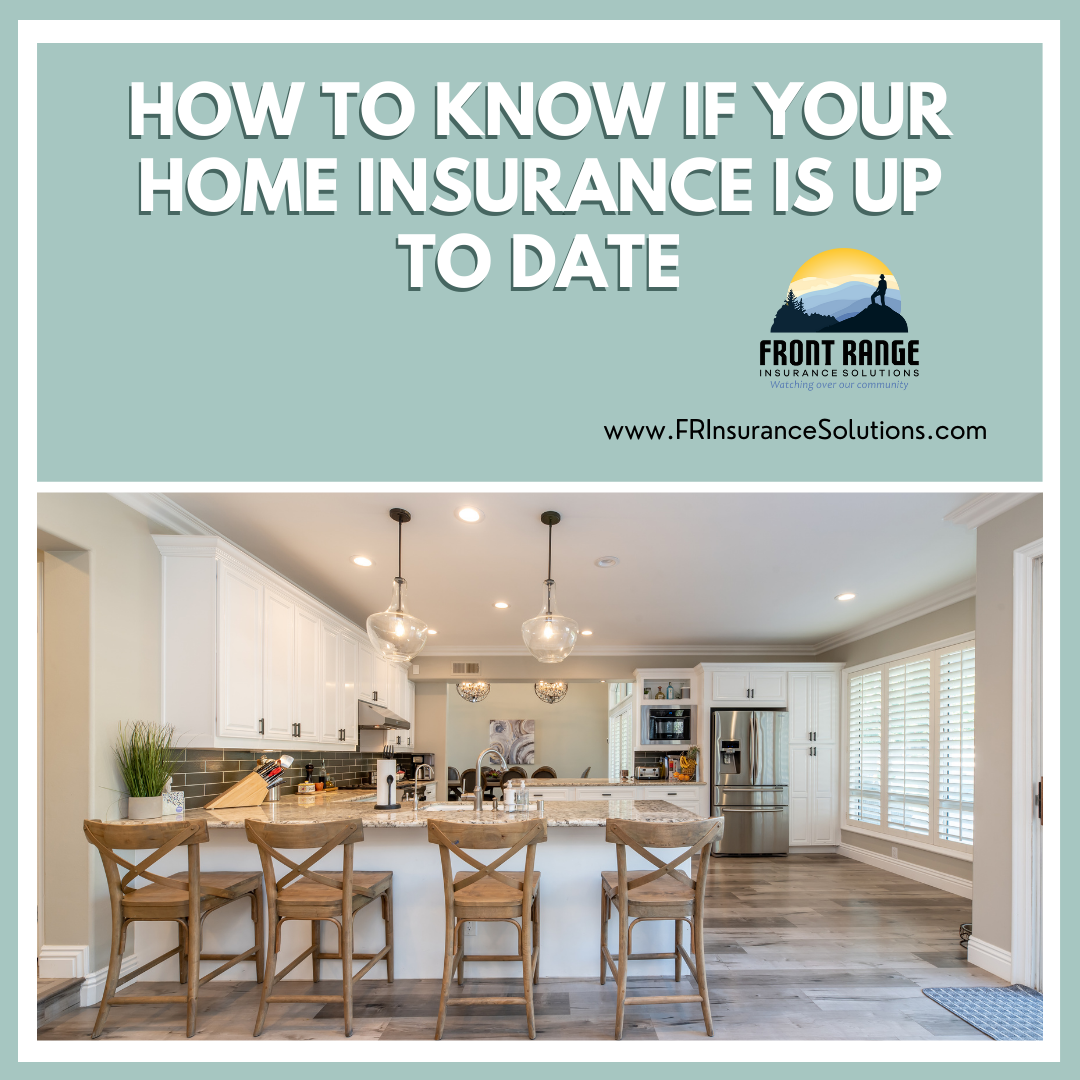|
So, you're going on a trip.
You want to know if you need to purchase the rental car agency's insurance. You have comprehensive and collision coverage on your vehicle, so the coverage should extend over, right? The answer is yes, BUT there is a catch! Turns out, your car IS covered, but loss of use is NOT which means, you could possibly be stuck paying for the days that you cause the rental car to be out of commission. Translation: YOU PAY FOR THE DAYS THE CAR HAS TO BE IN THE SHOP! Don't believe us because the financial guy who writes a lot of books says you don't need to purchase rental car insurance? We polled a large group of insurance agents to find out what they've SEEN in rental car claims situations. Here are a few of their comments: "Charged almost 3k for a scratch. They charge for even the time vehicle "will be out of service"" "It happened to me. It was a mess and ruined my vacation. I was even an insurance agent while it happened 😬🤣" "I worked for Enterprise before Insurance.. some credit cards will cover loss of use.. AMEX is a good bet (call customer service of card), it has to be deposit hold card and payment card.. I worked in escalations 😁" "Over the years I have had several clients that the policy paid to get a replacement Rental but the Rental company charged for their Loss of Use while their damaged car was out of service no longer part of the operational fleet. I’d say on average the clients that have shared these stories, I’d say like above; I’ve seen approx. $2500-$3000. I would say I’ve seen some carriers that have by endorsement or otherwise, covered the Loss of Use. Carrier specific." "Yes had a customer who had their credit card hit for over $3,500 after an accident in a rental car when they wrecked it for diminished value and admin fees and a few other charges. I always recommend buying it from the rental company." "Oh yes. One example was the rental car got the window smashed out. $2800 bill for the client who had no loss of use and didn’t purchase coverage." Bottom line, you need to know YOUR policy. Does it cover loss of use, diminished value, or administration fees? If so, are you willing to fight if the rental car company comes after you and tries to make you pay? Is there an easier option (that won't make your insurance premium go up should you have an accident) like backup coverage through your credit card? Be sure to use THAT card to rent your car. Knowing the answer to all of these questions should help you make the right decision for you. If you need a little guidance, feel free to reach out. We're happy to chat a little more about it.
0 Comments
I recently posted the caption above on the Colorado Parent Page because it's cute and silly. However, the need to have a current home inventory is serious as it helps make the road to recovery faster in the unfortunate event that disaster strikes.
Documenting items in your home may feel like an overwhelming task. Here’s what you need to know to guide you through the process. Document. Take detailed pictures and video of every room in your home as well as a record of each individual item. Items such as antiques should be discussed with your insurance agent to itemize them on your policy. If you already have a home inventory list, make sure to keep your list updated with any new significant purchases along the way. Proof of value. Keep receipts, contracts and appraisals to understand what level of coverage you’d need. Things to take note of: item description, make/model/serial number and estimated replacement costs. Don’t forget the storage unit. Personal items that are kept in a self-storage facility are covered under homeowners insurance. Keep it safe. Store your documentation in a fireproof box or safe deposit box or keep a file on hand with your insurance agent. You can also back up the files on an external hard drive or to the cloud (such as Google Drive or Apple’s iCloud) as an additional measure. Kick-start. To kick-start your inventory task, CLICK HERE to check out a great list of home inventory apps to help you with the process. After taking your home inventory, give us a call to check your current policy to ensure that you’ll be covered or set you up with a new policy today! It’s not unusual to buy a house, get homeowner’s insurance and then never check up on the policy again. Then something terrible happens and you find out you’re not covered for that new deck you added, the increased cost of building materials, the solar panels you added last year, etc.
To avoid this happening to you, check up on your policy coverage at least once a year. Some people choose to update anything to do with insurance of all kinds during their birth month to make it easy to remember to do. When you do, here are a few questions to answer. Has Your House Increased in Value? If you’re not sure, ask for an assessment. Usually you’ll get a tax assessment sent to you once a year in order to pay your property taxes. If you notice a big increase in the assessment, first double check to make sure that it is accurate and not overpriced; second, call your insurance company so that you can update your policy. How Much Have You Paid Down the Mortgage? If you’ve paid down the mortgage and you have a healthy savings account, you should determine how much you’re willing to come out of pocket for your house if something should happen. Some people, for example, do not report a power outage caused by a storm that ruined their food. They really don’t need the 300 dollars to refill the fridge from the lost food, or 1000 dollars to fix the damage caused by the tree falling on the roof. Have You Added onto the House? If you’ve added a room, improved the windows, improved security and so forth, you should talk to your insurance company to determine if this affects the price of your insurance. Having safety devices like some alarms, carbon monoxide detectors, and security features such as automatic calls to the fire station when you’re out can lower the cost of your insurance. Likewise, some other additions like a new room will add to the cost. What New Things Have You Brought into the House? Most of the time, a couple of years after buying a new house people tend to buy new furniture, more electronics and other things that cost more money than their old appliances and entertainment systems. It’s important to assess at least once a year the cost of the items in your house such as new tools, furniture and fixtures. Have You Installed a Security System? Security systems can cut down on the cost of your insurance when it comes to theft risk. If you’ve installed an expensive system, though, it might add to the cost of your insurance to replace the system should it be damaged from something like a storm. Do You Have a Pool You Did Not Have Before? Have you built a pool, added a hot tub or even have a trampoline? If so, your insurance needs are going to be higher due to potential liability. Getting children’s parents to sign waivers doesn’t work, so make sure you are covered. Has a Fire Station Moved Nearby? Believe it or not, having a fire station nearby can lower your insurance costs, but having a fire extinguisher put into your yard can make them higher. If either of these things happens, you need to call your insurance company and let them know to see how it affects your insurance. Did You Add a Storm Shelter? Adding a storm shelter is one more thing that will need to be repaired should something terrible occur. While it will help save on loss of life and some companies give a discount for having one, in some cases it might actually increase your insurance costs. As you take an assessment of your homeowner’s insurance needs, remember to also update other policies as needed. Please do not avoid updating your policy for fear of paying more. There is no point in paying anything if you’re not truly covered. Getting paid 1000 dollars when you need $10,000 is just like getting nothing at all. To make sure your home is covered, give us a call! |
Meet the author:
|
Navigation |
Connect With UsShare This Page |
Contact UsFront Range Insurance Solutions
215 Cheesman St, Suite M, Erie, CO 80516 (720) 389-7651 Click Here to Email Us |
Affiliated with DCI |
Location |
Website by InsuranceSplash





 RSS Feed
RSS Feed
